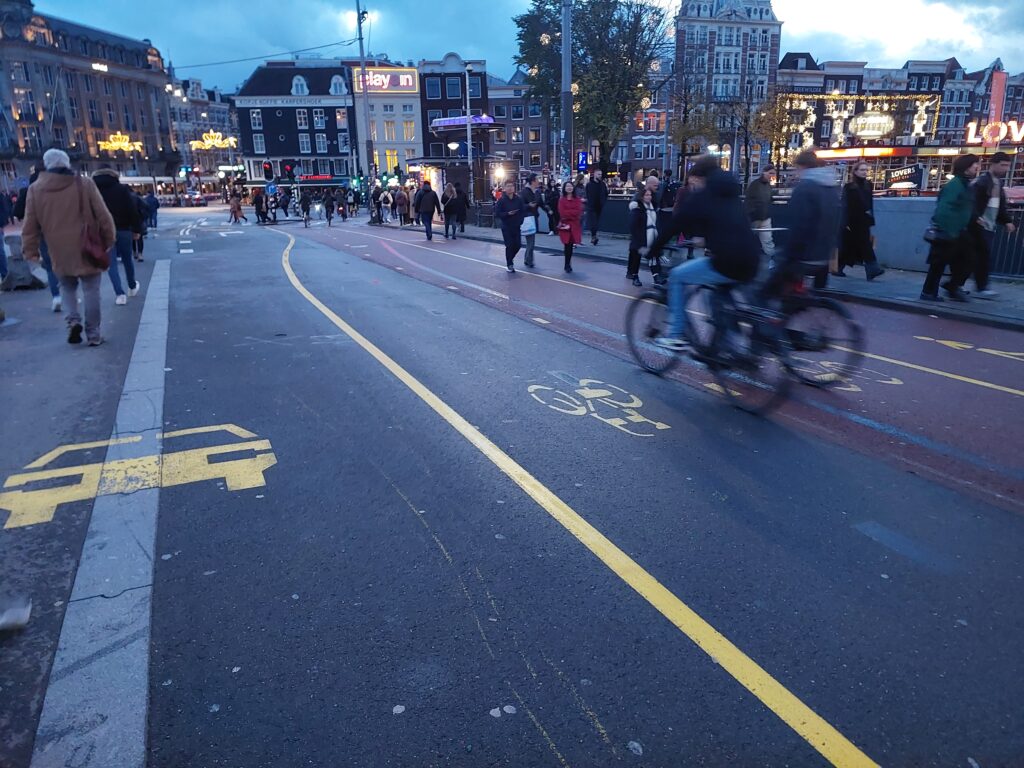Written by Anna Lefrançois | LinkedIn
Arguing that transportation studies and policies need to be grounded in more ethical reflections, the article reviews classical theories of distributive justice and applies them to the issue of mobility inequalities. Focusing on the question of accessibility disparities in transport, the authors come up with a new framework engaging with Rawl’s egalitarianism and the capability approach.
The authors advocate for the application of Rawl’s difference principle in accessibility studies, which is the idea that even if it is in the pursuit a “common good”, a policy can only be considered just if it does not deteriorate the condition of the least advantaged group and respects its basic rights. Using this difference principle can also be useful in mobility to challenge public space distribution and demand policy changes. If we consider the negative externalities in health and safety of the cars, can we argue that their predominance in cities is “harming the basic rights including that of the physical integrity” (p. 181) of pedestrians and cyclists?
Building on the approach of considering mobility as “basic capability” (p. 176), Pereira and his colleagues complement their framework by asserting that accessibility should also be considered as necessary to fulfil essential needs. Yet, in practice, establishing accessibility in mobility as a political right seems challenging, as it depends on personal abilities, the built environment and infrastructure investments priorities. This can also be observed in the case of cycling where continual access to infrastructure is still often lacking. Contributing to a more philosophical understanding of what a just city might look like, Pereira and his colleagues’ work can be used as a more theoretical foundation to make the case for more sustainable and fair mobility policies.
References
Pereira, R., Schwanen T. and D. Banister (2017) “Distributive justice and equity in transportation”, Transport Reviews, vol. 37, no. 2, pp. 170–191 http://dx.doi.org/10.1080/01441647.2016.1257660
Rawls, J. (1999). A theory of justice (revised edition.). Cambridge, MA: Belknap Press of Harvard University Press.
Read more
Does More Cycling Mean More Diversity in Cycling?
Participatory local governance and transport planning



